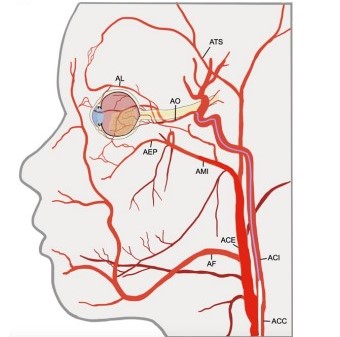Abstract
Introduction: Currently, CRISPR-Cas9 is the most versatile tool in genetic engineering and, because of its low cost and ability to easily edit genomes is used by the scientific community. It offers considerable promises in every biological field, and in the biomedical community especially to cure diseases. However, despite the general support for its clinical use, there are ethical concerns, and efficacy and safety issues in the context of its use to edit the human genome.
Objective: To review academic and lay literature about the concerns and implications to consider about the use of CRISPR-Cas9 in the human germline.
Methods: The PubMed and Embase databases were searched using MeSH terms and free terms, as well as newspapers and books of high circulation.
Results: 59 documents were selected according to the inclusion criteria and from them were created four chapters that review the technical limitations, the ethical concerns, the regulatory activity and political and judicial implications of using CRISPR-Cas9 in the human germline and the implications for Colombia.
Conclusions: Atthough the technical limitations will be overcome by technological advances, the ethical concerns are permanent and have brought statements that go from ban or moratorium, to its use under strict conditions. Colombia should take seriously the ethical and regulatory challenges trying to strengthening the institutional capacities and the public debate.

This work is licensed under a Creative Commons Attribution 4.0 International License.
Copyright (c) 2021 Eduardo Díaz Amado, Ana María González Angulo



